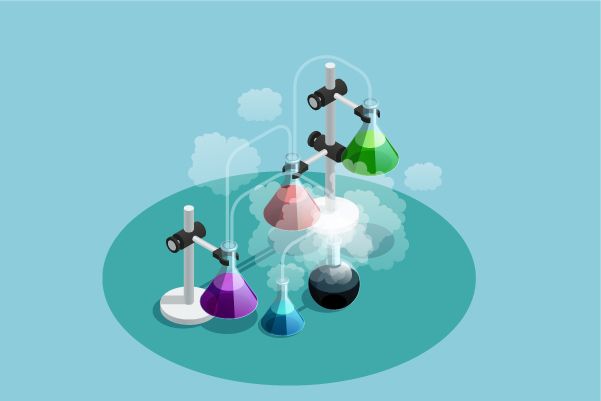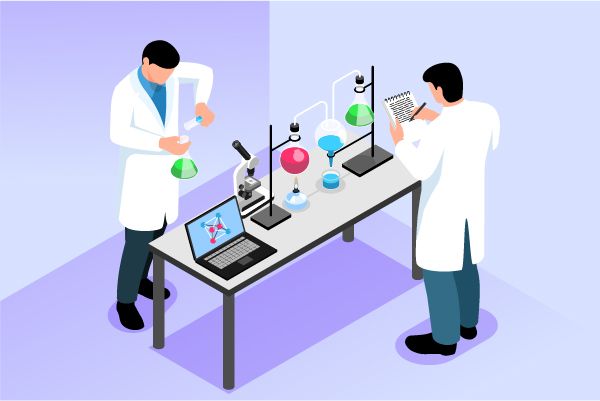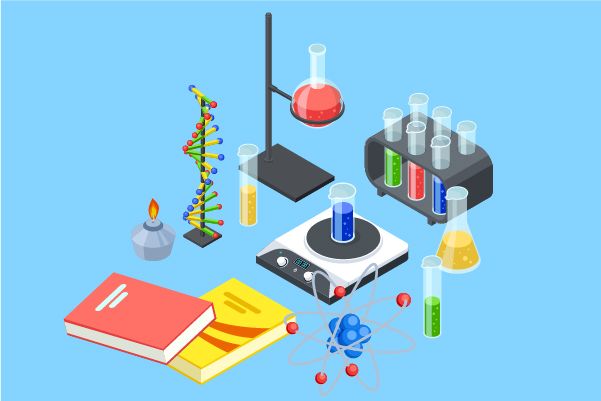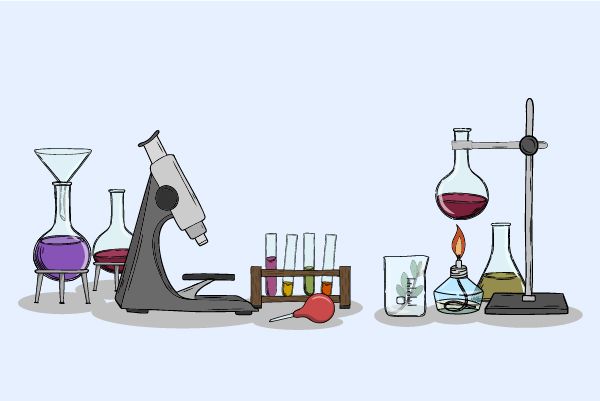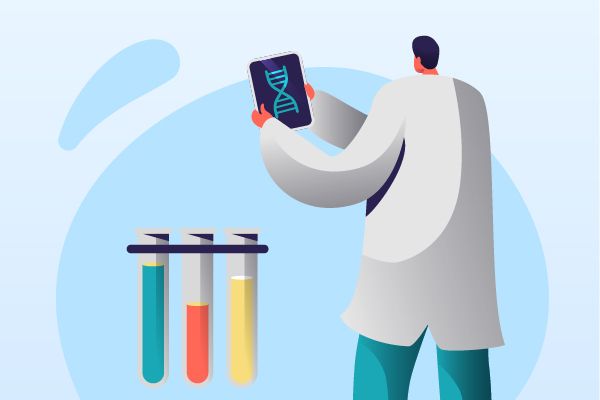Request Demo
Recent blog posts
"What" Series
2 min read
What policies does FDA issued to accelerate the process of drug marketing?
5 December 2023
FDA has implemented several policies and programs to accelerate the process of drug marketing
"What" Series
2 min read
What is the IIT research in clinical trials?
5 December 2023
Investigator-initiated trials (IITs) are established and managed by non-pharmaceutical researchers, such as clinicians and researchers working in a health institution.
"What" Series
2 min read
What is Disease-Specific Survival (DSS) in Clinical Trials?
16 October 2023
Disease-Specific Survival (DSS) refers to deaths caused specifically by a particular disease.
"What" Series
2 min read
What is Milestone Survival in Clinical Trials?
16 October 2023
Milestone survival rate is defined as the survival probability at a given point in time.
"What" Series
2 min read
What is Health-related Quality of Life (HRQoL) in Clinical Trials?
16 October 2023
Health-Related Quality of Life (HRQoL) is a significant indicator for assessing the quality of life and health status of patients.
"What" Series
2 min read
What is Clinical Benefit Rate (CBR) in Clinical Trials?
16 October 2023
Clinical Benefit Rate (CBR) is defined as the percentage of advanced cancer patients who achieve complete remission, partial remission, or at least six months of stable disease after treatment.
"What" Series
2 min read
What is Pathological Complete Response (pCR) in Clinical Trials?
16 October 2023
Pathological Complete Response (pCR) is commonly used as a surrogate marker for breast cancer and is defined as the absence of residual invasive cancer in the resected breast tissue and evaluated regional lymph node.
"What" Series
2 min read
What is Complete Response (CR) in Clinical Trials?
16 October 2023
Complete response (CR) is defined as the absence of detectable tumor in the patient's body. Radiology and histopathology are used to measure CR, serving as surrogate or primary endpoints depending on the specific disease or use scenario.
"What" Series
2 min read
What is Duration of Response (DoR) in Clinical Trials?
16 October 2023
Duration of Response (DoR) is defined as the time from randomization to disease progression or death for patients who achieve complete or partial alleviation.
"What" Series
2 min read
What is Duration of Clinical Benefit (DoCB) in Clinical Trials?
16 October 2023
Duration of Clinical Benefit (DoCB) is defined as the time from randomization to disease progression or death in patients who achieve complete remission, partial remission, or disease stability for 24 weeks or longer.
"What" Series
2 min read
What is Time to next treatment (TTNT) in Clinical Trials?
16 October 2023
Time to Next Treatment (TTNT) is defined as the period from the start of the treatment to the start of the next line of treatment.
"What" Series
2 min read
What is Time To Progression (TTP) and Time To Treatment Failure (TTF) in clinical trials?
13 October 2023
TTF, in comparison to PFS, synthesizes the effectiveness and safety characteristics of the drug, encompasses treatment failure for any reason and includes death.




